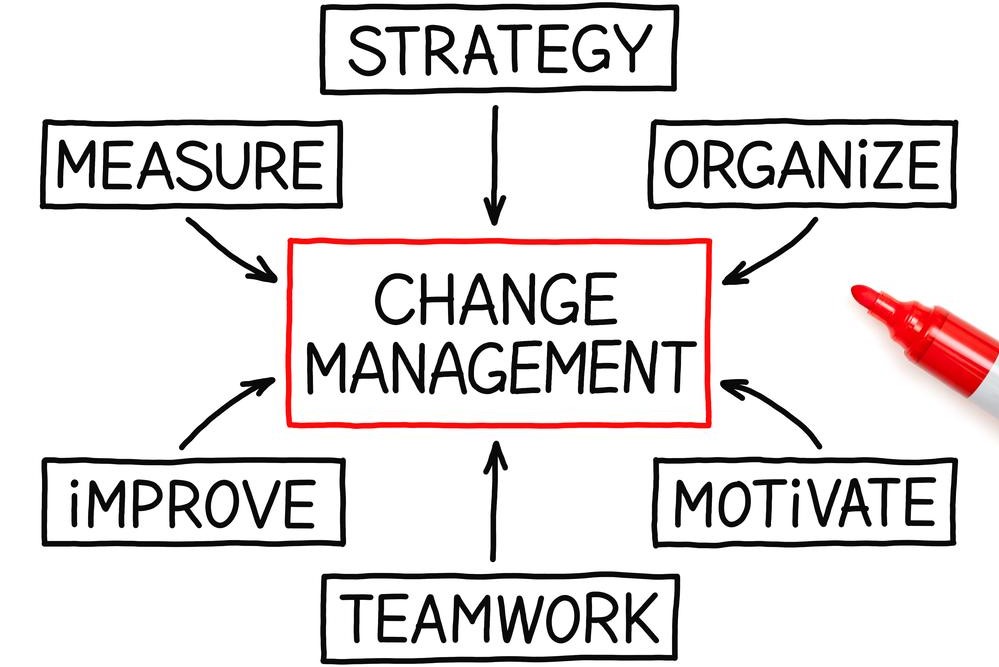Exploring Key Theories of Effective Leadership
This article explores major leadership theories including behavioral, trait, transactional, and transformational models. It highlights how different styles and traits influence leadership effectiveness and offers practical insights for personal and team development. The piece also discusses contingency and emergence theories, emphasizing situational adaptability and personality traits. Ideal for aspiring leaders and organizational leaders, the article provides foundational knowledge to improve leadership skills and motivate teams effectively.

Exploring Key Theories of Effective Leadership
Exploring Key Theories of Effective Leadership
Leadership involves guiding, motivating, and inspiring teams to reach common objectives. A leader's responsibilities include task delegation, fostering relationships, and influencing others. Successful leaders possess intelligence and strong problem-solving skills.
Many studies have examined leadership techniques, leading to popular theories that explain effective leadership behaviors. Here are some prominent leadership models:
Behavioral Approach
This approach emphasizes identifying specific behaviors that lead to successful leadership. Leaders may demonstrate people-oriented or task-oriented behaviors and adopt styles ranging from authoritarian to democratic or laissez-faire. Results vary depending on context, and environmental factors are often overlooked.
Trait Perspective
This model focuses on inherent qualities that make effective leaders. However, no universal set of traits guarantees leadership success. Traits like confidence and charisma are helpful but do not ensure motivation or achievement.
Transactional Leadership
Rooted in reward and punishment systems, this approach rewards followers based on performance and is common in organizations seeking clear outcomes.
Transformational Leadership
This style encourages leaders to inspire followers through vision and personality, fostering a shared sense of purpose. Key elements include intellectual stimulation, individual consideration, motivation, and role modeling.
Charismatic Leadership
Charisma allows leaders to command authority through exceptional personal qualities rather than formal position. Traits like vision, empathy, and empowerment define this style, often with heroic or extraordinary attributes.
Situational and Contingency Models
These theories propose that leadership effectiveness depends on traits, behaviors, and situational factors. Different models include:
Fred Fiedler's Contingency Model: Leadership success depends on style and situational favorability.
Hersey–Blanchard’s Model: Leaders adapt style based on subordinates’ maturity levels.
Path–Goal Theory: Leaders motivate by clarifying paths to goals and removing obstacles.
Vroom–Yetton Model: Leadership style is selected through decision-making questions tailored to circumstances.
Leadership Emergence
This perspective links certain personality traits with leadership emergence, including:
Authenticity: Self-aware individuals are less biased when processing information.
Assertiveness: Both highly assertive and low assertiveness individuals can lead.
Birth Order: First-borns tend to seek leadership roles, while younger siblings may be more creative and rebellious.
Dominance: Those who desire control tend to take charge in groups.
Self-Monitoring: People who adapt their behavior to suit different situations are more likely to emerge as leaders.
Applying these theories can enhance personal growth and motivate teams for better performance across various settings.









